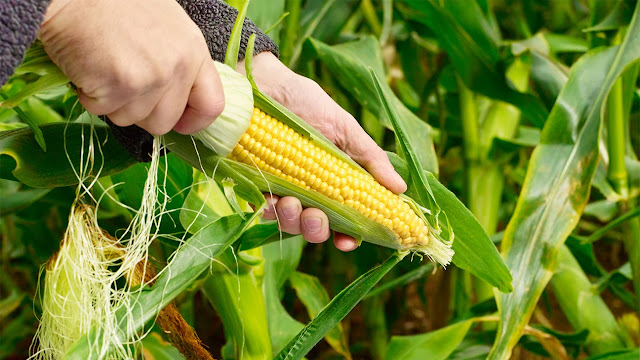As of 2024, according to the USDA, 90% of all corn, cotton, and soy grown in the United States are genetically modified organisms (GMOs), meaning that many of the foods you eat likely contain GMOs. The article, written by Ryan Raman and medically reviewed by Katherine Marengo, discusses the basics of GMOs as well as their pros and cons backed by scientific evidence. GMOs refer to organisms with DNA modified using genetic engineering technologies. The author stated that: “In the food industry, GMO crops have had genes added to them for various reasons, such as improving their growth, nutritional content, sustainability, pest resistance, and ease of farming”.
The advantages of GMO crops are that they have genes that protect them from pests and insects, improve survival and yield, enhance flavor, and improve nutritional content. Despite the advantages of GMOs, many concerns involve allergies, cancer, and environmental issues. While current research suggests that there are few risks associated with this type of food, extensive studies should be conducted to provide more evidence supporting the benefits of GMOs and determine whether their benefits outweigh any potential cons.
WORKS CITED
Raman, R. (2024). GMOs: Pros and Cons, Backed by Evidence. Healthline. https://www.healthline.com/nutrition/gmo-pros-and-cons
U.S. Food & Drugs Administration (2024). GMO Crops, Animal Food, and Beyond. U.S. Food & Drugs Administration. https://www.fda.gov/food/agricultural-biotechnology/gmo-crops-animal-food-and-beyond

This post got me thinking about how much of our food is genetically modified without our knowledge. I’ve always been curious about GMOs, so it's helpful to see both the benefits and the concerns laid out with scientific backing. GMOs can improve crop yield and nutrition, but more research is needed to fully understand the long-term effects. It’s a complex topic, but one that deserves more attention.
ReplyDeleteGMOs are tricky indeed; it does benefit us but also hurts us at the same time. I understand to massively produce these crops and to actually grow the size of them. Maybe it's just something we need to be cautious of because it is not something we can get away from. Unless everybody grew their own crops.
ReplyDelete